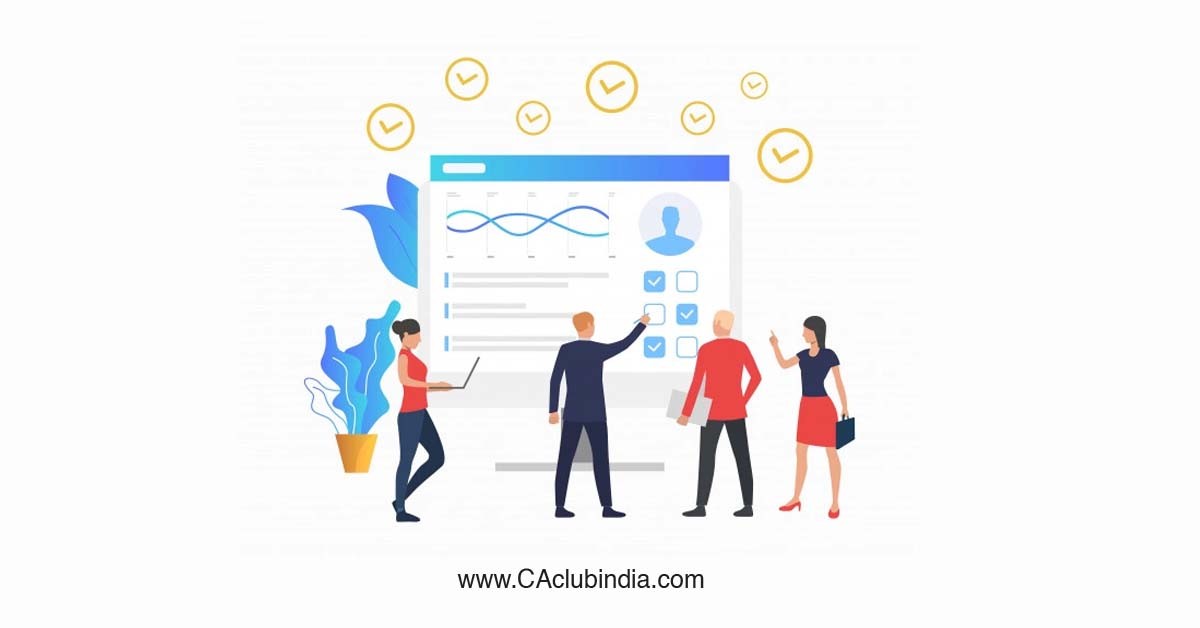The gold coins and white goods distributed by principals to the dealers, on the quantity lifted by the dealers, cannot be regarded as 'gifts' as the dealer is eligible for the gold coins and white goods only to the extent of amount lying as credit to his account and is subjected to the satisfaction of the terms and conditions of the Scheme. This would result in the enhancement of the sales of the company and could be considered as furtherance of business. The transfer is not gratuitous and cannot be demanded, to qualify as gifts. Hence ITC on transfer of such gold coins would not be regarded as blocked ITC u/s 17(5)(h) of The CGST Act 2017. The Honourable Supreme Court in the case of Sonia Bhatia v. State of UP [1981 (3) TMI 250- Supreme Court) - 1981-VIL-06-SC, ruled wherein 'gift' has been held to hit a voluntary transfer of property by one to another, without any consideration or compensation. Therefore A 'gift' is a gratuity and an act of generosity and does not require a consideration: if there a consideration for the transaction, it is not a gift. In the same case, it was also held that a gift is a transfer which does not contain any element of consideration in any shape and form Love, affection, spiritual benefit and many other factors may enter in the intention of the donor to make a gift, but these filial considerations cannot be called or held to be legal considerations as understood by law.

The distribution of gold coins and white goods cannot be regarded as permanent transfer or disposal of business assets as the said gold coins are not 'assets' which held in generating 'future cash flows' for the taxpayer. An asset in common parlance and trade understanding are considered as items of the balance sheet. However, the gold coins discussed above are charged off to the P/L Account as a 'sales promotion' expense. Thus, they should not be considered as supply u/s 7(1)(c) read with Sl No 1 of Schedule I of The CGST Act 2017 – "Permanent transfer or disposal of business assets where input tax credit has been availed on such assets."
They would also not be deemed a supply u/s 7(1)(a) read with Sl No 4 of Schedule II of The CGST Act 2017 "Transfer of business assets where goods forming part of the assets of a business are transferred or disposed of by or under the directions of the person carrying on the business so as no longer to form part of those assets, 2[Omitted] such transfer or disposal is a supply of goods by the person". The reason is the same, that they are not assets itself. Further no consideration is exchanged for such transfer also which is a pre-condition for application of such entry.
Entry 3(i) of Schedule I provides that "supply of goods" by principal to agent is considered to be deemed supplies when the agent the agent undertakes to supply such goods on behalf of the principal. However, in this case there is no such further supply of gold coins by the agent.
However, The AAR Telangana in the case of M/s ORIENT CEMENT LIMITED [2023-VIL-193-AAR] has held that the applicant is making supply of white goods and gold to his dealers or stockiest in return for the dealers or stockiest attaining a threshold of sales indicated in the scheme and therefore, the value of white goods and gold supplied by him are for the 'act' of achieving this threshold and therefore taxable in his hands. The value of the goods supply is determined under Section 15 of the GST Act read with Rule 30 of the CGST Rules.
This AAR seems to thus create a new fiction under GST Law whereby a 'free service' would be deemed to be a 'consideration'. Hence, even if considered that the dealers are providing the 'act/service for free' for gold coins supplied by the principal; then also the question arises is whether this 'act/service for free' is a consideration. This ruling seems to stretch the implications of the GST Law beyond imagination. Again, it has also opened a new door for litigation – whether this 'act/service for free' by dealers would be considered as an independent supply too where the consideration is the gold coin!






 CAclubindia
CAclubindia
